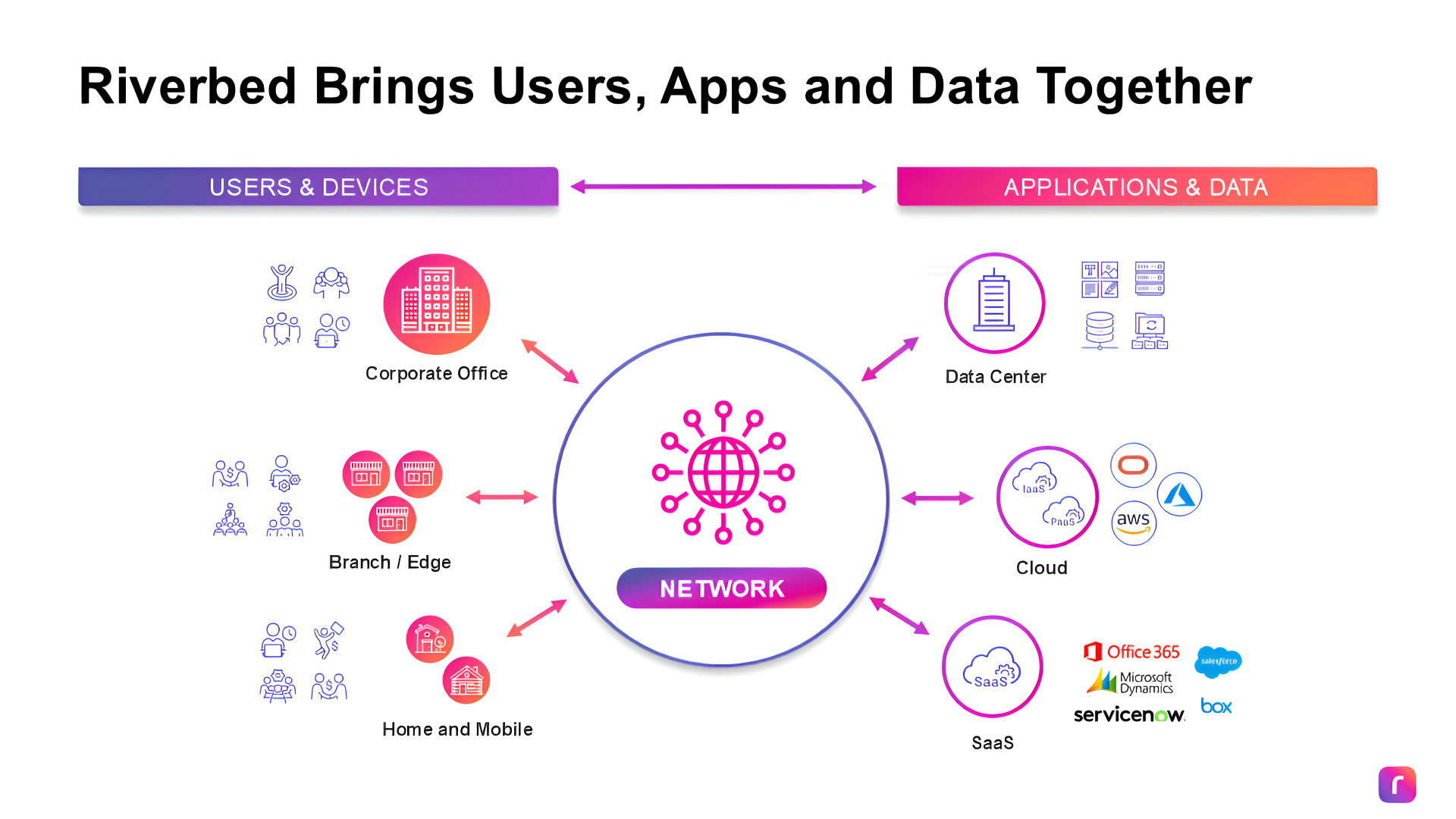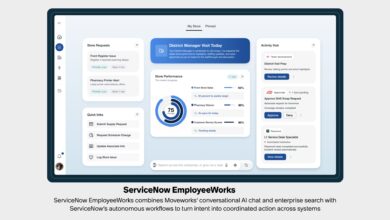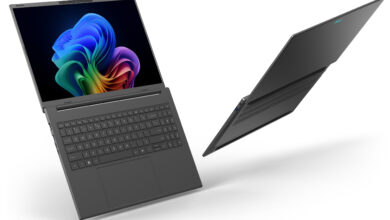Riverbed Accelerates Networks for AI and Launches Flex Subscriptions

Riverbed today unveiled a significant upgrade to its network acceleration capabilities, introducing new and enhanced solutions designed to dramatically improve enterprise network performance, security, and IT agility. This major launch, the company’s most comprehensive in seven years, aims to empower customers to thrive in the age of artificial intelligence (AI) and massive data growth.
The announcement includes ten new Riverbed SteelHead solutions powered by RiOS 10, Riverbed’s next-generation acceleration software. These industry-leading solutions are engineered to accelerate enterprise data movement across connected clouds, data centers, and the network edge, all while bolstering security and operational agility. Furthermore, Riverbed is introducing a new Flex subscription offering, providing customers with greater architectural flexibility, license portability, value retention, and improved total cost of ownership.
Riverbed highlights the growing strain on networks due to a 35% annual surge in data volumes, outpacing current network capacity. Research from ESG indicates that 91% of IT leaders recognise AI’s increasing criticality to networking and network acceleration, with 85% seeing AI’s influence on network planning, engineering, and operations. With AI applications both generating and utilising significant portions of enterprise data, the performance of all network-dependent operations, including crucial on-premise and cloud applications, as well as edge computing, is being impacted.

“Riverbed was founded 23 years ago this month with a focus on accelerating applications and the movement of data over networks. AI and data-hungry applications have introduced new and more demanding network requirements,” said Dave Donatelli, CEO of Riverbed. “I’m proud that Riverbed continues to solve our customers’ most critical challenges, as demonstrated today by our largest Acceleration launch in seven years. In the first quarter of this year, we saw strong demand in our Acceleration business, achieving 59% year-over-year bookings growth. These new solutions build on our momentum and deliver a proven return on investment by helping customers move data faster, optimise application performance, and strengthen business resilience.”
RiOS 10, a substantial update to Riverbed’s widely deployed acceleration software, promises new levels of performance for cloud, data centers, and the edge. It will also enhance data delivery security through advancements like post-quantum cryptography, platform security, and confidential computing. For organisations demanding peak performance, the new Riverbed SteelHead 90 series will offer enhanced resilient networking performance and value. This series includes four appliances, ranging from the data center-focused CXA-8090 to the edge-optimised CXA-2090. Key models include:
- SteelHead 8090: Delivers up to 60 Gbps of optimised WAN data movement and supports multiple 100 Gigabit network interfaces for high-volume LAN data transfer.
- SteelHead 6090: Offers up to 20 Gbps of optimised WAN data movement, targeting mid-scale data centers.
- SteelHead 4090 and 2090: Cater to mid-sized data center and edge use cases, providing 500 Mbps and 200 Mbps of accelerated traffic, respectively, and up to 10 Gbps of total traffic processing for QoS and application classification.
Chalan Aras, SVP and GM of Acceleration at Riverbed, emphasised the critical nature of network congestion, stating, “Network congestion is no longer just a nuisance—it’s a choke point that can cripple a business. Without fast and efficient data movement over networks, enterprises will quickly find themselves falling behind, missing out on the promise of AI.” He added that Riverbed’s new resilient networking solutions help organisations proactively manage growing data volumes and application performance demands while improving IT agility for cloud, data center, and edge computing environments.
For virtualised environments, Riverbed SteelHead Virtual, powered by RiOS 10, provides a software-only solution for private cloud deployments, delivering comparable appliance performance and compatibility with major virtualisation platforms. To address the unique challenges of edge computing, Riverbed is also introducing SteelHead RS. This new software solution facilitates the projection of business-critical data to the edge while ensuring near real-time data synchronisation with the data center. This enables rapid local application and AI processing at the edge while maintaining data consistency across the entire infrastructure.
Riverbed SteelHead Cloud, also powered by RiOS 10, will extend significant acceleration benefits across a wider range of cloud providers, now including Oracle Cloud Infrastructure and Google Cloud Platform in addition to Amazon Web Services and Microsoft Azure. Available in each cloud provider’s marketplace, the new SteelHead Cloud offering enables enterprises to move data and applications at speeds up to 20 Gbps, promising optimal application performance, faster delivery, and substantial cost savings compared to traditional methods.
Jim Frey, Principal Analyst at Enterprise Strategy Group, commented on the increasing importance of network performance for AI initiatives, noting the need for reduced latency, increased bandwidth, and richer network observability. He stated that while upgrading network hardware and services can improve performance, organisations should also prioritise continuous network connection optimisation, areas that Riverbed’s resilient networking solutions are designed to address for successful AI workload support.
Riverbed’s new Flex subscription model offers customers architectural freedom and strong investment protection. It allows for seamless license transfers between hardware, virtual, and cloud devices at no additional cost. Customers can dynamically reassign license capacity, scale up or down based on business needs, and upgrade hardware more cost-effectively as new technologies become available.
The solutions announced today are expected to be generally available in May 2025, unless otherwise specified.




